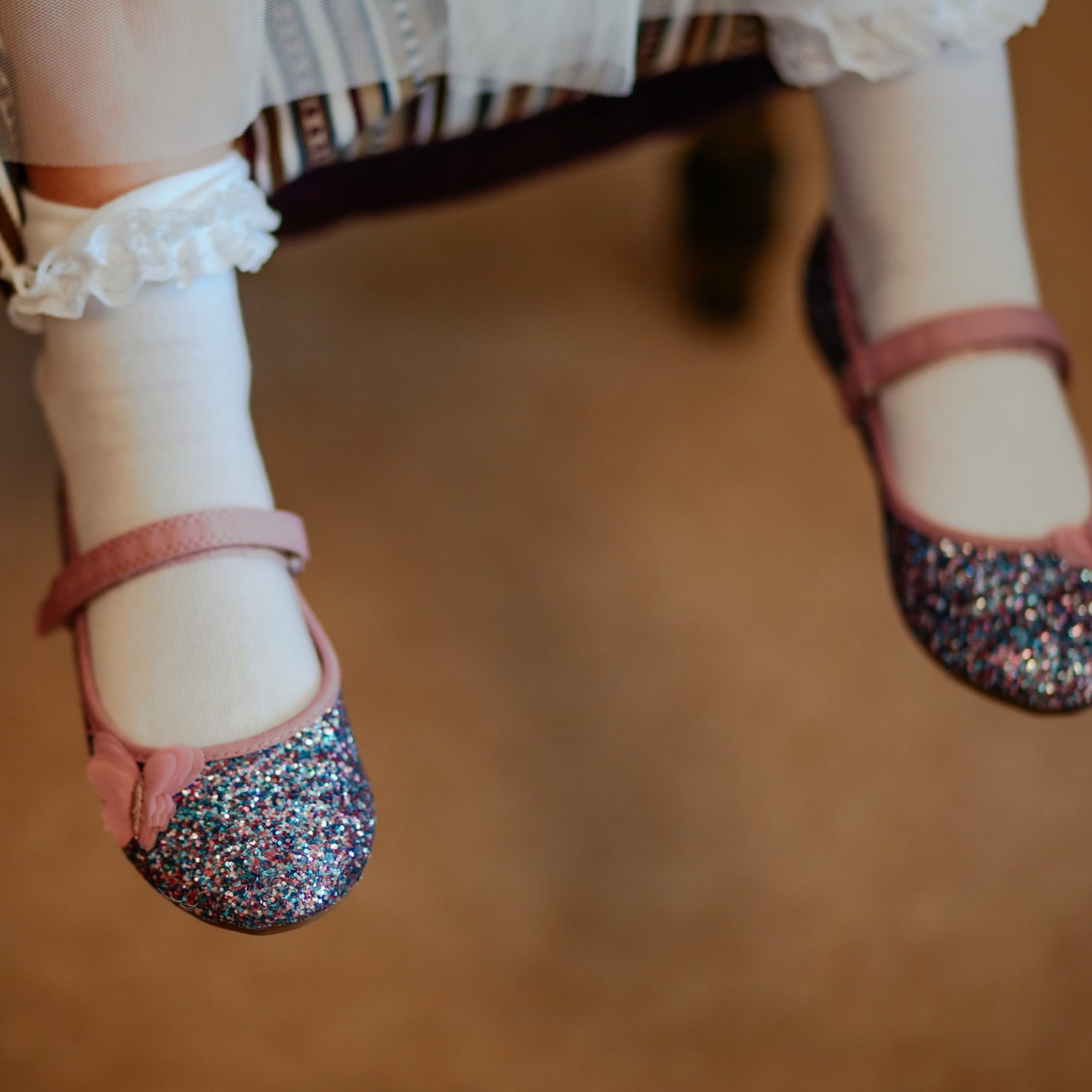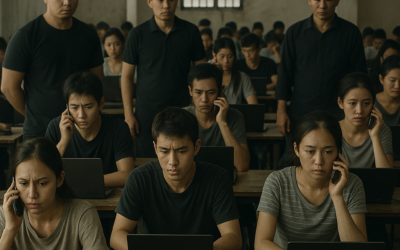COVID-19 and Child Marriage; A Dangerous Unforeseen Consequence
10 million additional girls at risk of child marriage due to COVID-19
“NEW YORK, 8 March 2021 – Ten million additional child marriages may occur before the end of the decade, threatening years of progress in reducing the practice, according to a new analysis released by UNICEF today.
COVID-19: A threat to progress against child marriage – released on International Women’s Day – warns that school closures, economic stress, service disruptions, pregnancy, and parental deaths due to the pandemic are putting the most vulnerable girls at increased risk of child marriage.
Even before the COVID-19 outbreak, 100 million girls were at risk of child marriage in the next decade, despite significant reductions in several countries in recent years. In the last ten years, the proportion of young women globally who were married as children had decreased by 15 per cent. From nearly 1 in 4 to 1 in 5, the equivalent of some 25 million marriages averted. A gain that is now under threat.
“COVID-19 has made an already difficult situation for millions of girls even worse. Shuttered schools, isolation from friends and support networks, and rising poverty have added fuel to a fire the world was already struggling to put out. But we can and we must extinguish child marriage,” said UNICEF Executive Director Henrietta Fore. “International Women’s Day is a key moment to remind ourselves of what these girls have to lose if we do not act urgently – their education, their health, and their futures.”
Girls who marry in childhood face immediate and lifelong consequences. They are more likely to experience domestic violence and less likely to remain in school. Child marriage increases the risk of early and unplanned pregnancy, in turn increasing the risk of maternal complications and mortality. The practice can also isolate girls from family and friends excluding them from participating in their communities. This takes a heavy toll on their mental health and well-being.
COVID-19 is profoundly affecting the lives of girls. Pandemic-related travel restrictions and physical distancing make it difficult for girls to access the health care, social services and community support that protect them. Protecting them from child marriage, unwanted pregnancy, and gender-based violence. As schools remain closed, girls are more likely to drop out of education and not return. Job losses and increased economic insecurity may also force families to marry their daughters to ease financial burdens.” To read the full article click here
Child Marriage in the Modern World
Between 2011 and 2020 over 140 million girls were forced or coerced into marriages. With over 18 million of them being under 15 years of age. Many child marriages occur in economically stunted countries or societies with lacking educational systems. As a result, many young girls experience domestic abuse and sexual abuse from an early age leading to many future problems later. Pregnancy complications are additionally a major issue as young girls are not fully developed and experience many miscarriages from a lack of medical attention.
According to the UN website, “In South Asia, nearly half of young women and in sub-Saharan Africa more than one-third of young women are married by their 18th birthday.
What Countries have Child Marriage?
The 10 countries with the highest rates of child marriage are:
Niger, 75%. Chad and the Central African Republic, 68%. Bangladesh, 66%. Guinea, 63%. Mozambique, 56%. Mali, 55%. Burkina Faso and South Sudan, 52%. Malawi, 50%. In terms of absolute numbers, because of the size of its population, India has the most child marriages.”. Many of these geographical statistics of child brides stem from a lack of educational opportunities leaving young girls with limited choices for the future. Figures for Australia are unknown, but this issue is growing quickly. We have had a case with a child as young as 11years old.
COVID-19 Impact
As previously mentioned in the UNICEF article, COVID-19 has posed a huge threat to young girls internationally and will likely have astronomical run-off consequences. With schools being closed off in areas where school options were already limited and economic destitution rates are rising, many communities feel that there are no other options. Experts estimate over 10 million additional marriages are to occur in this decade on top of the normal rate because of COVID-19 restrictions and lockdowns.
Millions of workers across South Asia and into several parts of Africa were immediately laid off or furloughed from work with no warning because of pandemic hysteria and mass lockdowns. The tourism industry along with all the farming communities have taken a major blow with COVID-19 guidelines and travel dangers. A global pandemic was not predicted by anyone and now countries that thrive solely on human interaction and manual labour are suffering.
Young girls are experiencing prolonged isolation within their communities and with travel being impossible or unsafe, they have no authority figures outside of their family. With poverty levels rising, families take it upon themselves to marry off children to diminish household costs and theoretically to give the girls a more stable economic future.
Additionally, across the world, with children being out of school in countries where they completely halted education, many children will not go back to school even after the pandemic ends. According to Save The Children, the effects spread further than a lack of practical knowledge. The Lancet reporting, “Save the Children predicts that as many as 10 million children might never return to school because of the pandemic, most of those being girls. Not only will children miss out on attending school but could also miss out on receiving life-saving comprehensive sex education. This puts girls at high-risk of adolescent pregnancies. Childbirth is the leading cause of death among girls aged 15–19 years.”
Save the Children said that governments around the world had a duty to ensure that girls were able to continue their education during school closures. As well as being able to return to the classroom when it is safe to do so. And that routine health services, particularly sexual and reproductive health care, be available. The closure of such health services during the acute phase of the pandemic has been described as “devastating” for women’s and girl’s health.” read the full article here.
Climate Change Impact
COVID-19 is not the only threat plaguing UNICEF’s active work to eradicate child marriages. A greener issue arises that many would not think of. We are talking of course about Climate Change, which in addition to melting ice caps and massive weather shifts, has caused a spike in young girls being forced into marriage.
In 2017, The Guardian published an article entitled “Why climate change is creating a new generation of child brides” by Gethin Chamberlain which first shined a light on the rising issues. Many villages spread out in various African countries have experienced drastic economic standstills because of massive floods and unforeseen droughts affecting major industries. With fishing and farming being the primary source of income and only way to feed families, many have turned to marrying off their young girls. In doing so, families now have one less child to feed, clothe, and send to the school allowing them more economic freedom.
In 2021..
this issue has not diminished in the slightest but rather has steadily risen with countless natural disasters culminating in no other options for families. In Aljazeera, an independent news organisation funded in part by the Qatari government, predict even more disaster stating in an article …
“Thanks to climate change, extreme weather events like Cyclone Idai will likely ramp up dramatically in the coming years, including more devastating flooding from rising sea levels and storms with unprecedented severity. Droughts have already increased in frequency and intensity, particularly in Africa. A growing body of evidence is showing that what Msowoya observed is not an anomaly: the pernicious effects of climate change are increasing child marriage.”
Climate change is becoming a hard issue to turn a blind eye to with its effects spreading into our socioeconomic issues on top of planetary needs.
What You Can Do to Help
Forced marriage of children occurs in Australia. The Freedom Hub runs training to help those at risk of forced marriage to get through school and manage life away from family and friends. Life is very difficult for them because the very people they have trusted all their life have betrayed them. Hiding from their family and friends leaves many feeling very lonely. Sadly too often they return and marry the man just to keep the family happy. Others end up living on the streets as homeless youth.
The Freedom Hub has a Forced Marriage program for these vulnerable youth. If you would like to support us in this work you can donate here.
Written by: Tess Price – Freedom Hub Volunteer




